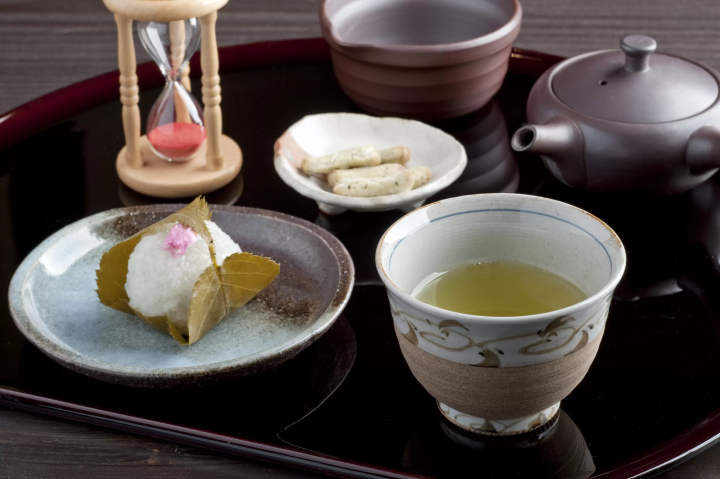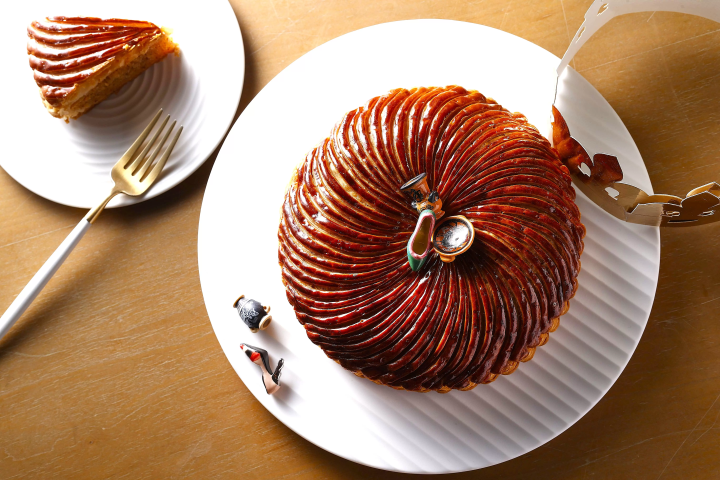About the February event Setsubun

I will explain Setsubun, an event in February.
-
Table of Contents
- What is Setsubun?
- About bean-throwing
- About Ehomaki
- Setsubun experience with Genji-koh
What is Setsubun?
February 3rd is Setsubun Day.
Setsubun is a day to drive out bad things with the meaning of ``May everyone be healthy and happy.'' To exorcise evil spirits, people throw beans and eat ehomaki while saying, ``Demons are outside, good fortune is inside.''
The word Setsubun means ``separating the seasons.''
In ancient Japan, spring was considered the beginning of the year, and it seems to have been especially cherished. Therefore, only the day before spring begins, the day that separates winter and spring, is now called Setsubun.
By the way, the day when spring begins on the calendar is called "Risshun" (around February 4th).
About bean-throwing
On Setsubun (February 3rd), beans (roasted soybeans) are sprinkled with the saying, ``Demons are outside, good fortune is inside.'' After exorcising evil spirits, eat as many beans as your age, and pray for happiness for the year. It is said that people pray for This is because it was thought that by sowing beans, which are said to have spiritual power and have the same energy source as rice, you would be able to ward off illness and misfortune, and that eating the beans would also give you strength.
It is said that this idea became popular when it was combined with the old Chinese demon-chasing event, ``Tsina''.
In Japan, it has long been believed that rice, wheat, millet, millet, and soybeans are inhabited by spirits called ``Kokuryo.'' Among them, soybeans have the largest grains and are said to contain more spirits than others. For this reason, it is considered perfect for exterminating demons and is often used in bean-throwing.
It also has the meaning of a pun on "throw beans in the devil's eyes to destroy the devil." Beans have many auspicious meanings.
About Ehomaki
``Eho'' refers to the direction of the god of the year, who controls the good fortune of the year, and if you do things in the direction of that lucky direction, ``everything will be good.'' Since the sushi rolls are eaten facing in that direction, the sushi came to be called ``Ehomaki'' or ``Eho sushi.''
Also, eating a whole sushi roll without cutting it has the meaning of ``not cutting ties.'' In addition to this, there are seven other ingredients named after the Seven Lucky Gods, and it seems that the wish to ``bring good fortune'' is included.
It is said that if you talk while you are eating, you will lose your good fortune, so you must be silent and finish your meal until the end.Be careful when eating with others.
Setsubun experience with Genji-koh
Of course, Genji-koh is also planning to hold an event related to Setsubun. Please join us to exorcise evil spirits and attract good fortune.
We also serve it at dinner as a hospitality item related to Setsubun. Please look forward to this as well.
At Genji-koh, we offer hospitality related to seasonal events throughout the year, and we hope you enjoy them as well.
Through the deep and tranquil world of incense that reminds us of the hospitality and elegance of scent, Genji-koh is an inn that reminds you of the elegance of the era of The Tale of Genji. Our inn is Japan's first Japanese-style inn with a scent-themed theme. Awakening the forgotten peace of mind. You can feel the comfort of incense everywhere in your room and throughout the hotel.
The contents on this page may partially contain automatic translation.





















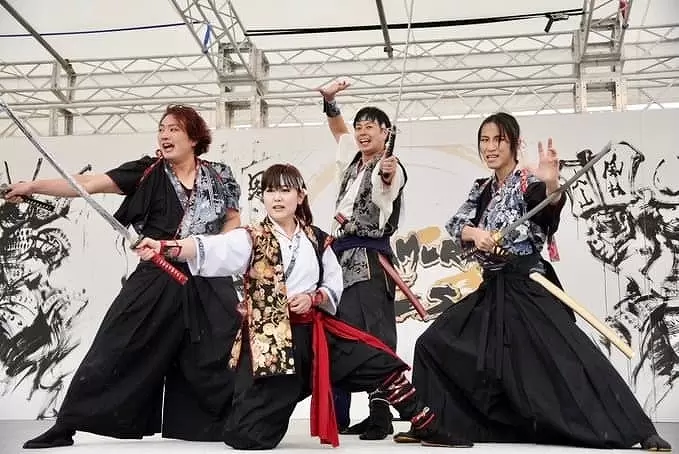
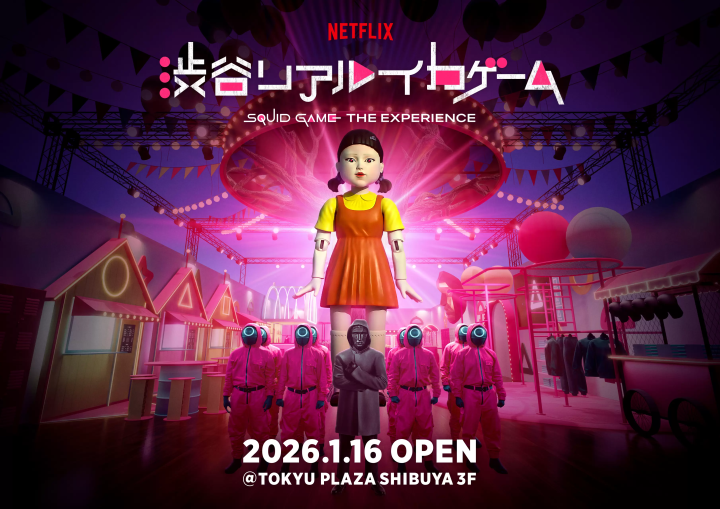
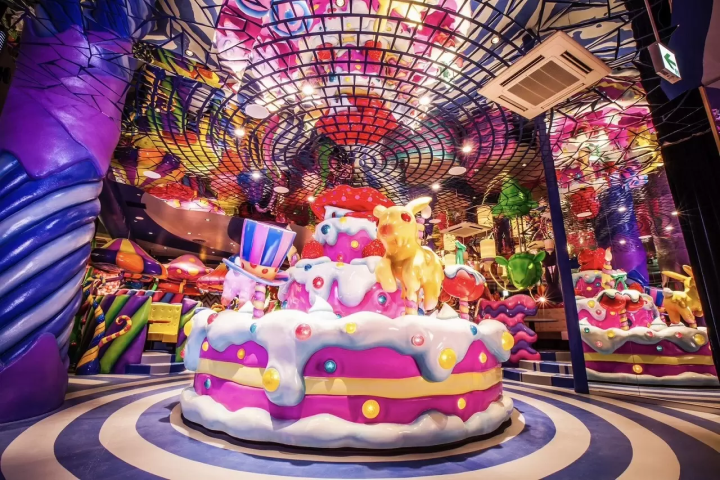
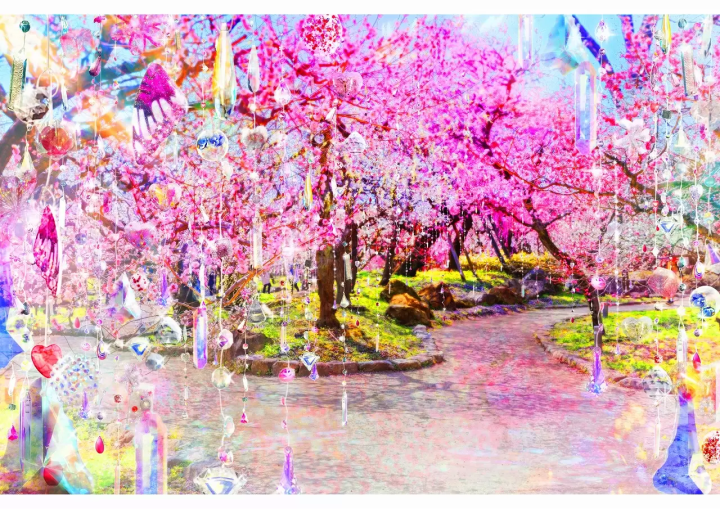

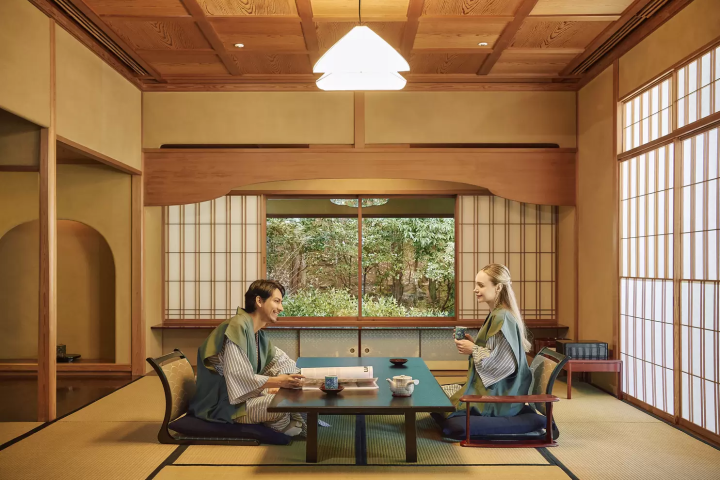


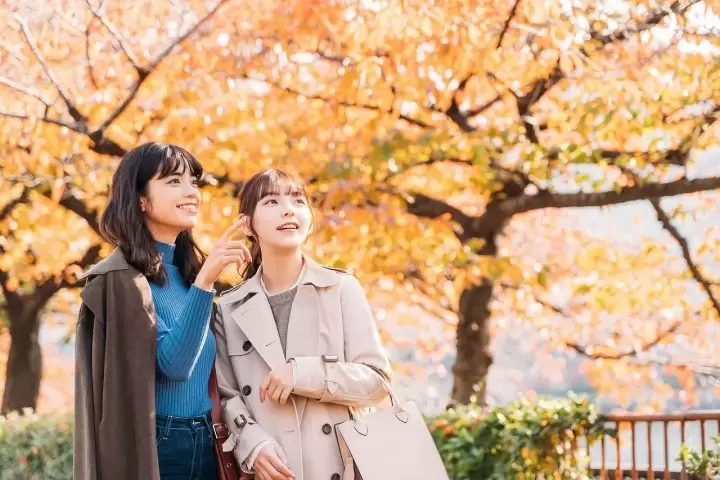

![[Kanazawa] Enjoy the world of gold leaf to the fullest in the city with the highest production volume in Japan](https://resources.matcha-jp.com/resize/720x2000/2025/11/12-249564.webp)
![[2026] Family Winter Trip to Suzuka Circuit! – For Both Day trips and Overnight Stays!](https://resources.matcha-jp.com/resize/720x2000/2025/12/26-254097.webp)
![[Northern Okinawa] 4 Recommended Cosmos Fields in Okinawa | Sunflowers and Cherry Blossoms in the Same Season!](https://resources.matcha-jp.com/resize/720x2000/2024/08/12-192028.webp)
